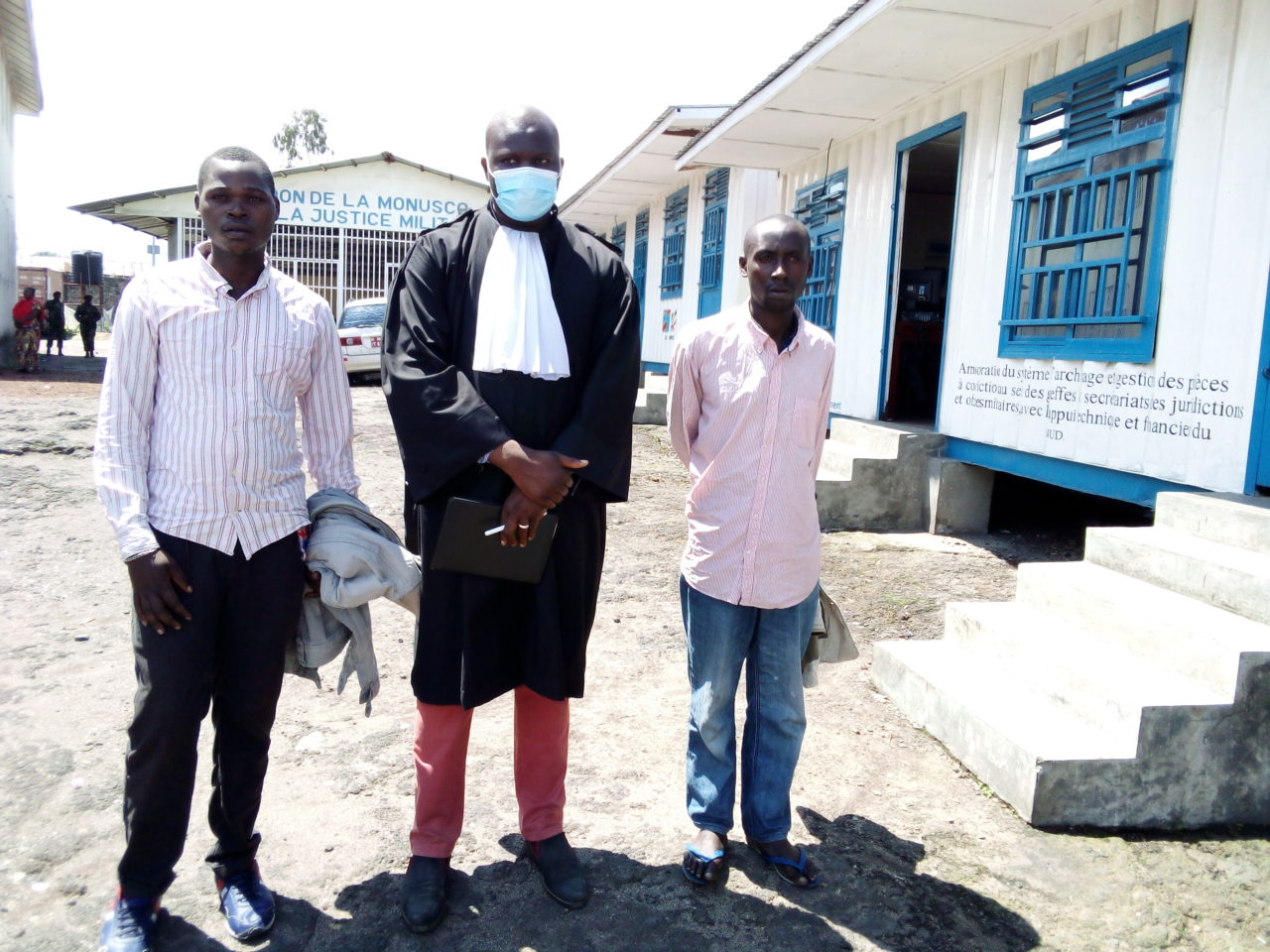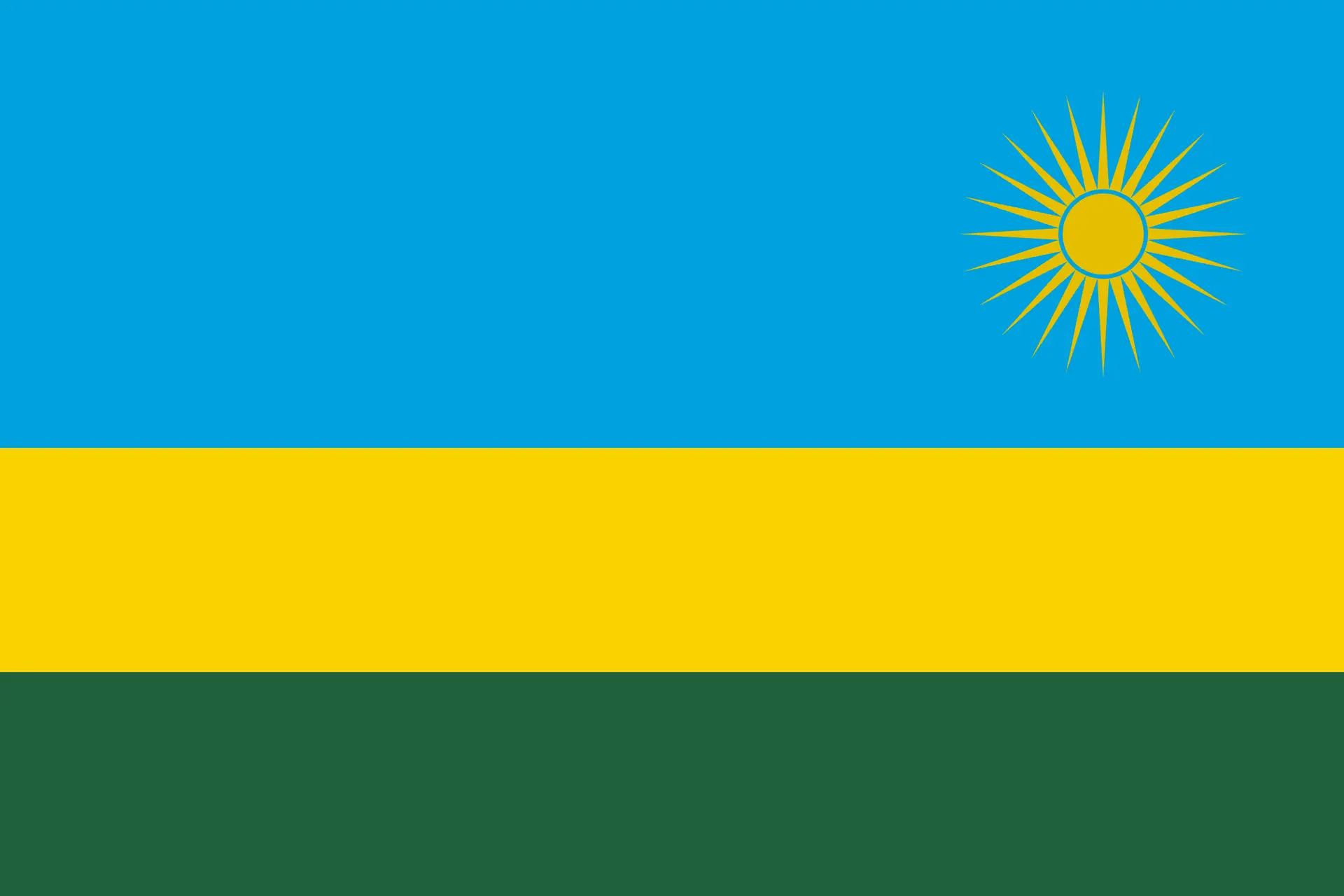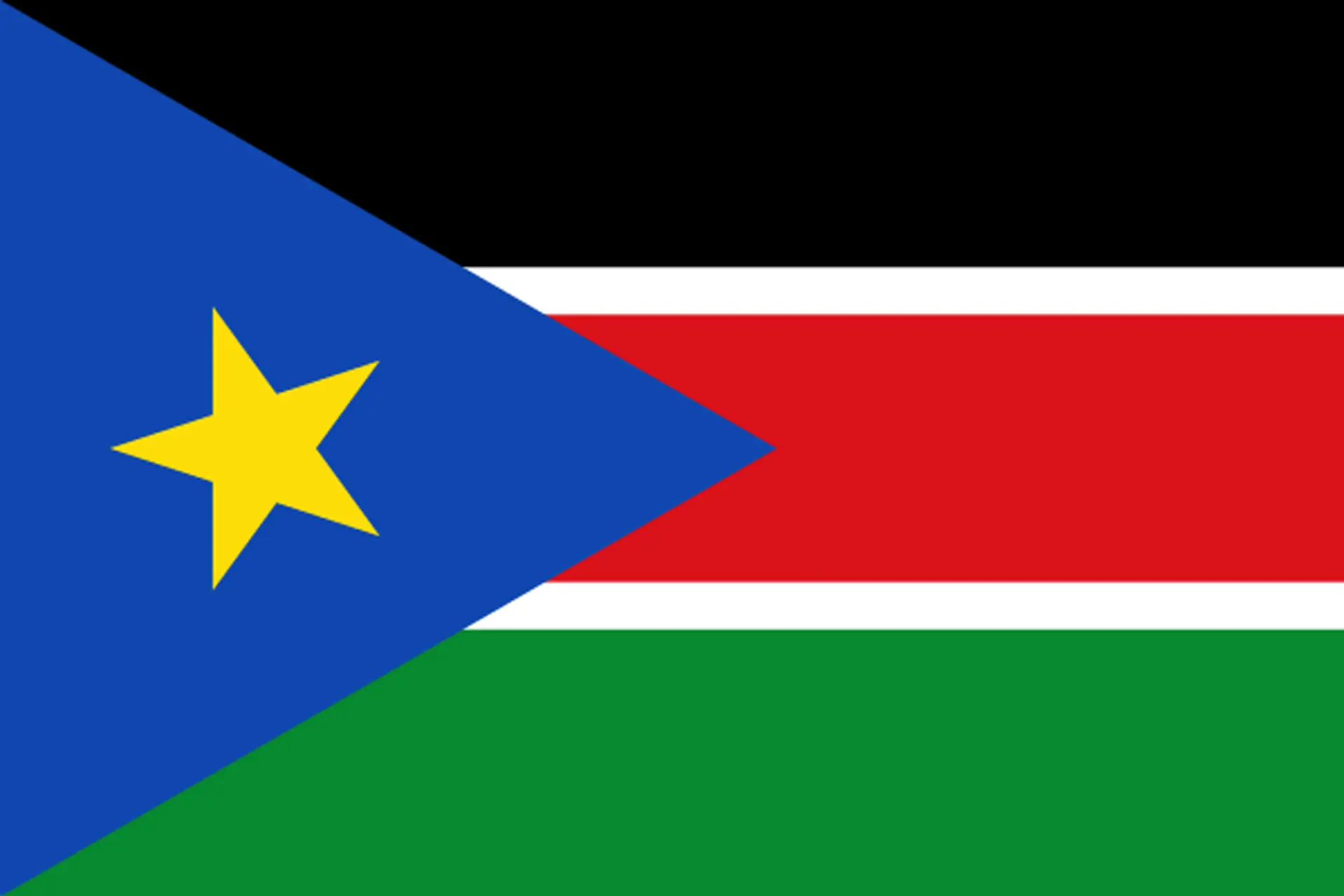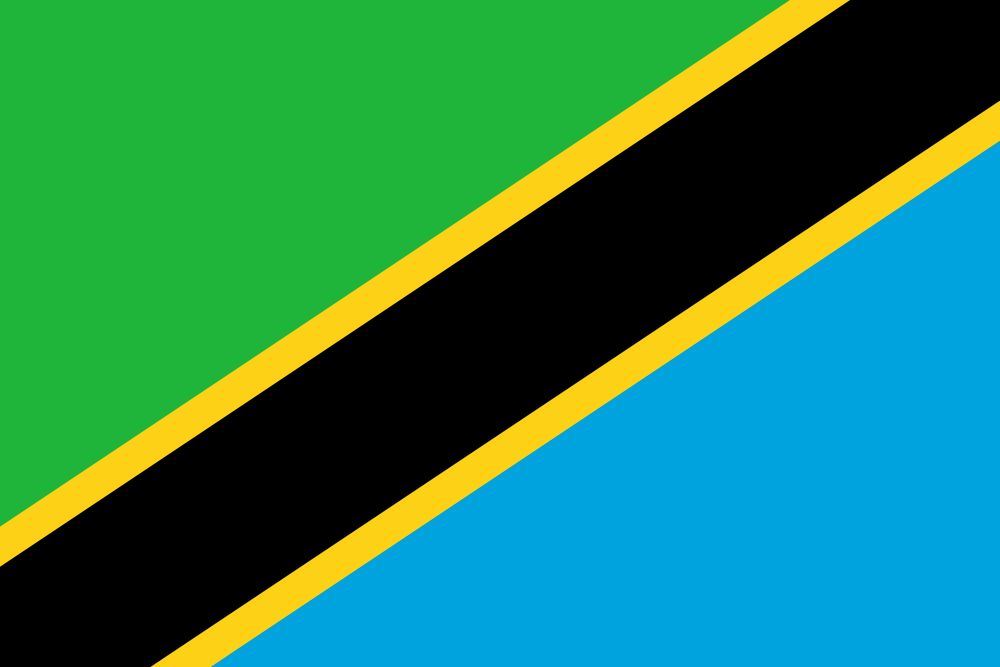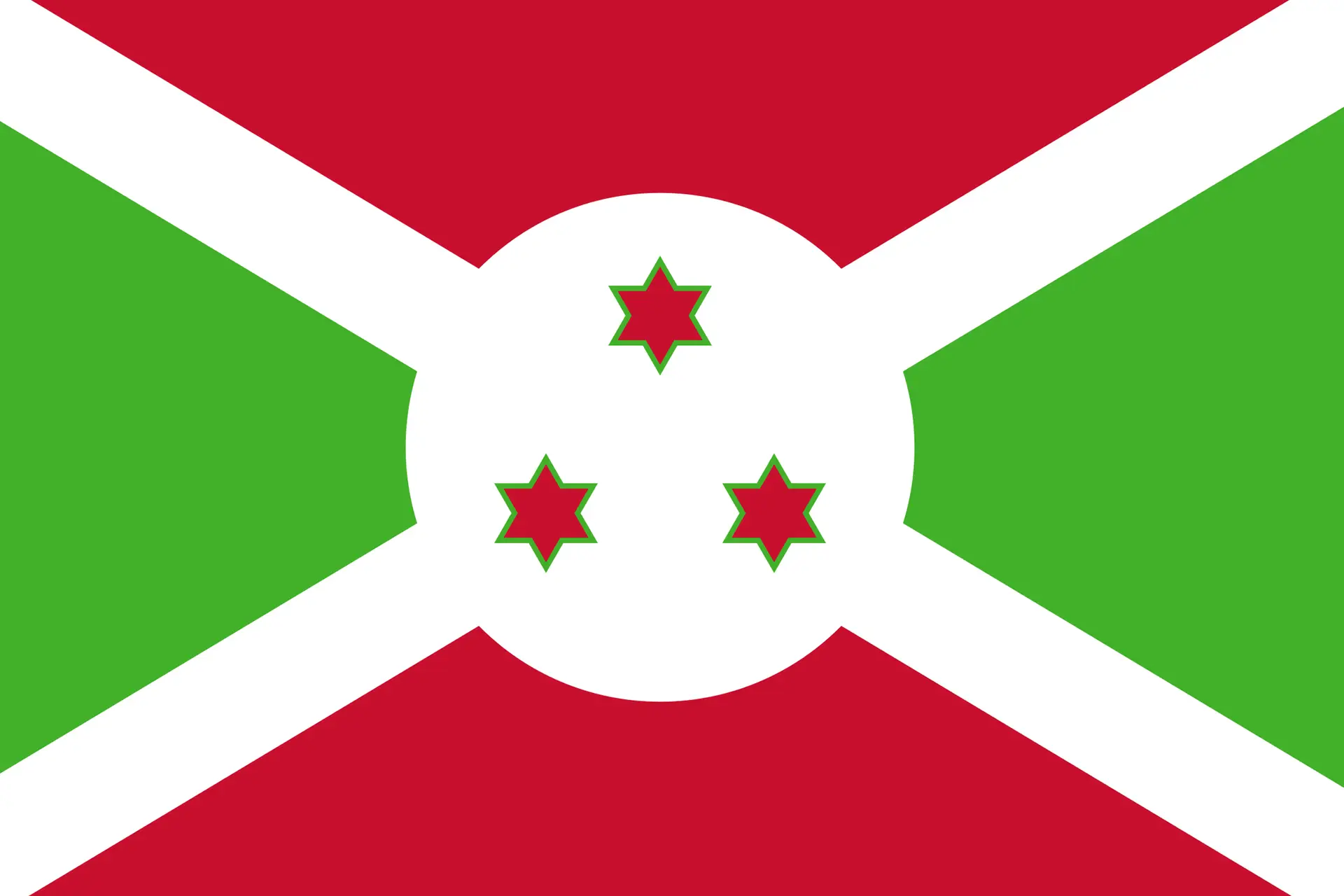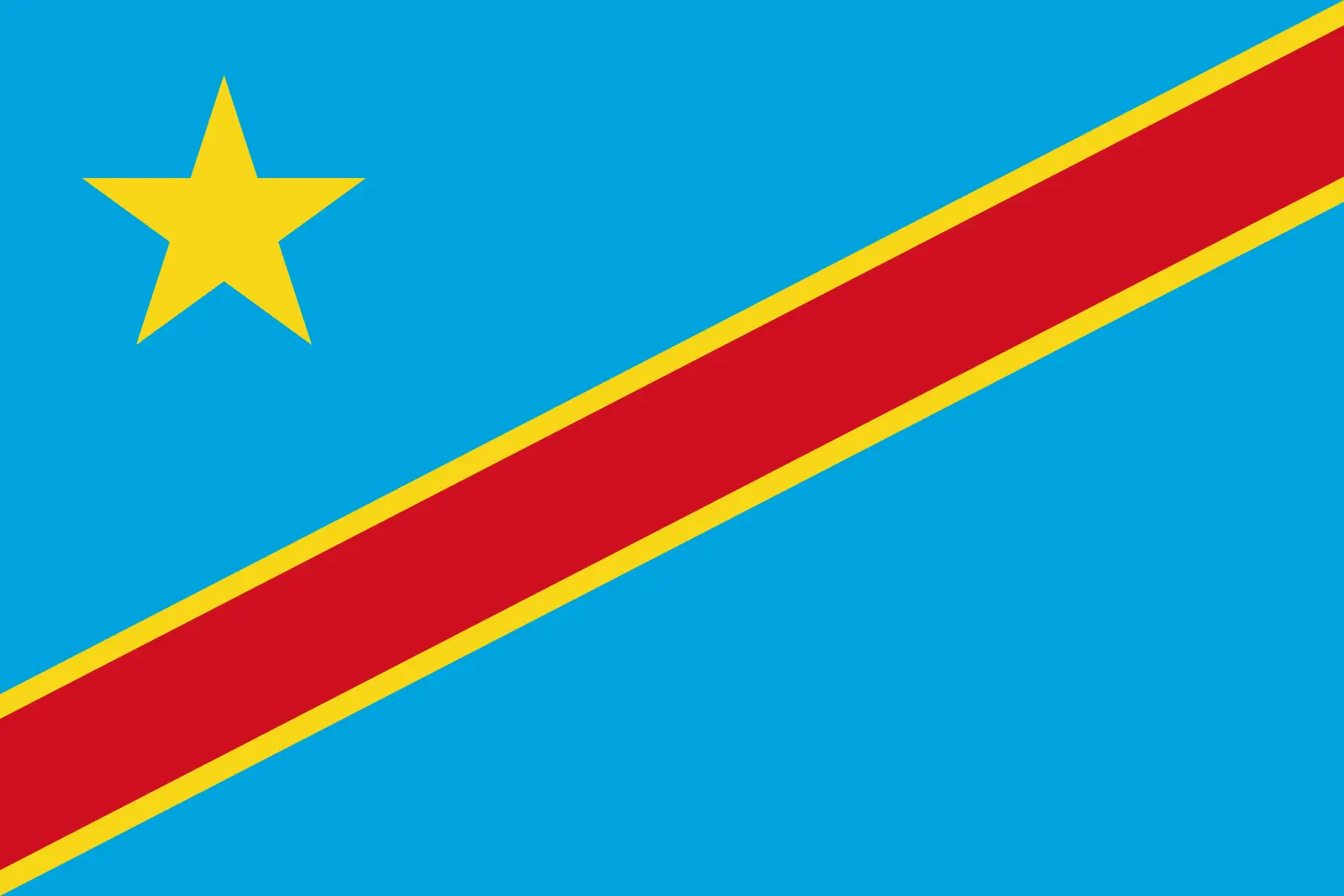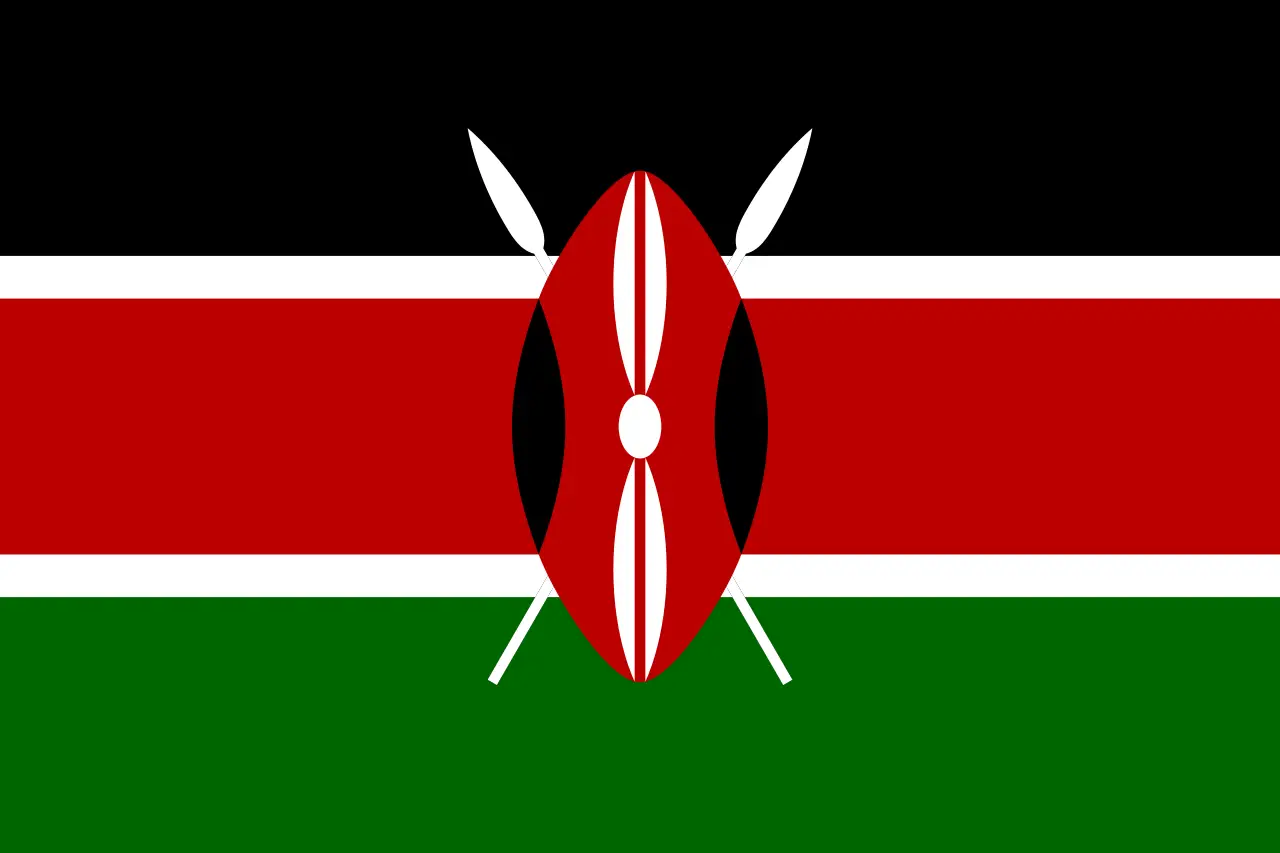Some sections of the DR Congo experience chronic violence. Citizens in many parts of the Eastern provinces face constant threats of war, forced displacement, sexual violence, abduction, and extortion. Conflict violence has resulted in many vulnerable and innocent people being put in prisons without fair trial, simply because they cannot bribe their way due to their Christian faith. Access to justice remains a big challenge for the vulnerable in the DR Congo. Challenges include, (1) raising resources for transportation to the relevant institutions, (2) illiteracy, (3) interfacing with legal processes, (4) bias or discrimination, (5) fear of power structures and dynamics, and (6) corruption in the Justice, Law, and Order Sector (JLOS) institutions. Therefore, youth and the vulnerable poor remain in the DR Congo prisons without fair trial due to lack of proper representation. They live in inhumane conditions without access to medical care, food, family visits, and educational and recreational activities. The majority of the youth and those under age (15 years and below) have spent several months or years without their cases being heard before a judge or magistrates either because they were not able to pay certain extortion fees or because of the political influence/interference in the judiciary. This corrupt system has congested the detention places. Thousands of people remain in prisons that were built for only a few hundred people and criminals are mixed with innocent people. Those under age, young women with infants, and pregnant women who are petty offenders are unable to pay the legal and illegal fees for their freedom which exposes them to physical and psychosocial torture.
The Congo Legal Aid Clinic seeks to restore the power of the law by setting the example of fighting for cases that others would like to neglect. Because of this work, innocent people are being released and families are being reunited.
In April, 2 imprisoned adults (who were wrongly accused of owning guns) and 14 imprisoned innocent children were assisted by the Congo Legal Aid Clinic and were released from prison and most were reunited with their families. On May 5th, 2 imprisoned adults who the Legal Aid Clinic defended in court were released from prison.
The Congo Legal Aid Clinic continues to meet with, advise, defend, and advocate for those who are wrongly accused and neglected in prison.

